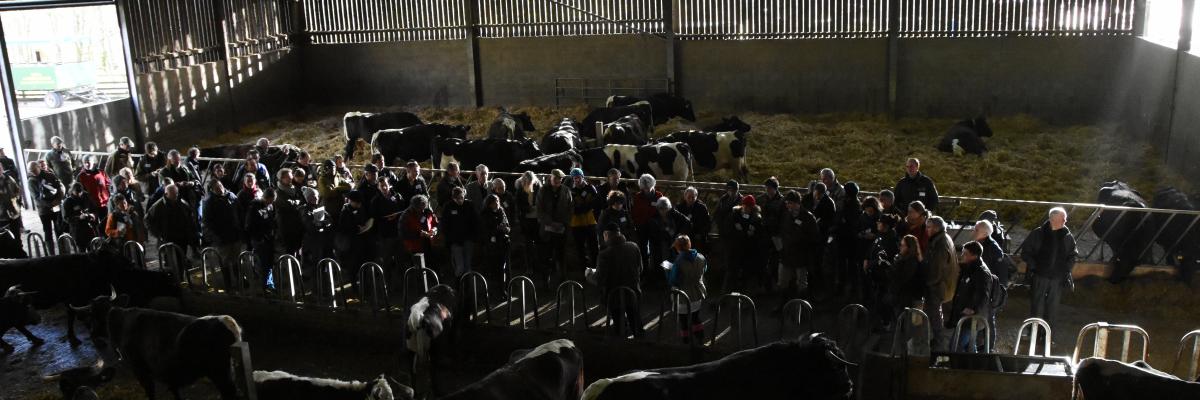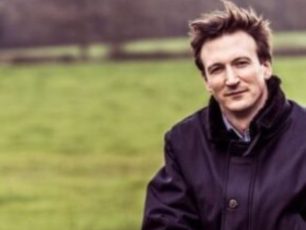Does the horizon look greener as we turn into 2018?
Three days into the new year saw an on-farm gathering of more than 80 farmers, policy-makers, researchers, and representatives from Agricology’s partner organisations and beyond. The event was convened to kick start both the Oxford Farming Conference and the Oxford Real Farming Conference (ORFC) in a bid to catalyse a dialogue of sustainability across all disciplines of farming. The event’s focus: an exploration of leys and livestock reintegration to diversify the cropping rotation. As is our mantra, we heard first hand from a range of farmers about their practical experiences and systems, regardless of which labels or schemes they belonged to.
This fully-subscribed event enabled participants to discuss, share eperiences, and learn more about how to maximise the growing of restorative grass leys and overcome challenges for the benefit of soil health, weed control and livestock welfare as well as productivity. The farmer presentations triggered comments from a very engaged audience, and also sparked responses from a number of agriculture researchers present – representing organisations including Rothamsted Research, ADAS, the Organic Research Centre, the GWCT Allerton Project and more. Discussions covered the results of recent research including controlling black grass, controlling slugs, monitoring the health of soils and building organic matter.
The event, hosted at Daylesford Farm in Gloucestershire, highlighted how keeping soil healthy is one of the most pressing issues facing farmers and growers. But finding the right solution to suit individual farms and circumstances is not always easy.
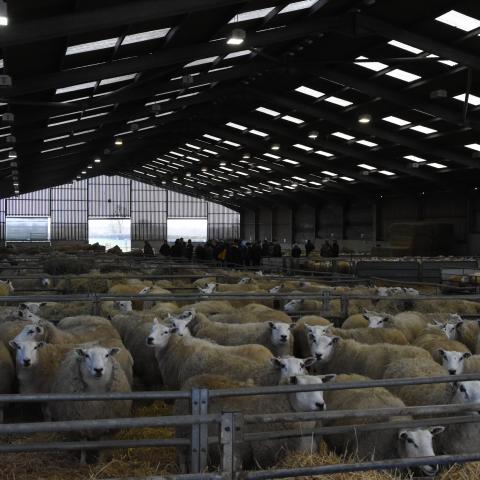
Richard Smith, Farm Manager at Daylesford and Chairman of the Agricology Steering Group, provided context as he talked through the enterprises he manages, setting the stage for our guest speakers to share their experiences. Sheds of healthy livestock, silage clamps, straw barns and a quick tour of various different grass/legume leys gave the perfect backdrop. And it wouldn’t be a Daylesford farm tour without hearing about the extensive benefits of growing sainfoin – an increasingly important crop for Richard in feeding livestock, restoring soil health and supporting the farm’s bees.
Whilst Daylesford is primarily a livestock farm with cereal crops to break the grass leys, farmers such as Phil Jarvis (Farm Manager from the GWCT Allerton Project in Leicestershire) also shared their experiences of using livestock in their predominantly arable systems. We also heard about stockless rotations, and ultimately that ‘one size does not fit all’ so farmers and growers need to assess what is right for their particular land and circumstances. Please do click on our video page and watch the recorded presentations.
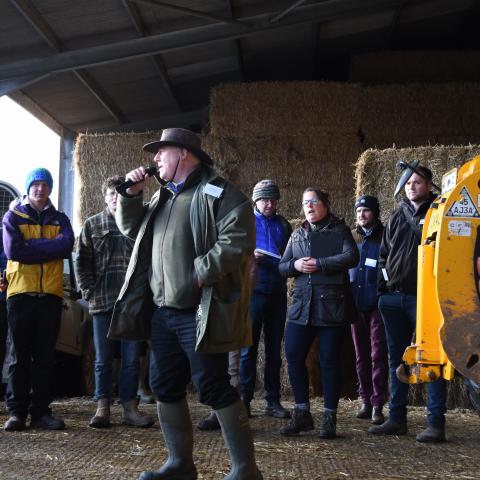
Guy Horsington, Deputy Director at Defra found Agricology’s event hugely valuable and said, “It was brilliant to attend Agricology’s event today. Soil health and soil fertility are areas that Environment Secretary Michael Gove MP is very passionate about. This sort of environmental good, together with air quality, water quality and biodiversity, are all the things that we want to encourage in our new domestic agricultural policy. Spending a day listening to farmers at the forefront of trying out new ideas and learning about the benefits to productivity and the environment are incredibly valuable to us as we identify what we want to do in the future. This is absolutely at the heart of what we want our new domestic policy to be about. But we want to identify the best mix of mechanisms for delivering these goods and working with our stakeholders.”
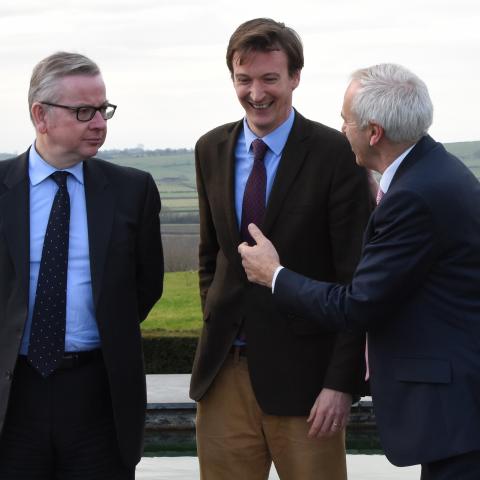
Later that evening as the conferences gathered in Oxford, there was great anticipation of what Michael Gove’s speech was going to focus on the following day. For the past year we, at Daylesford, have been supporting a Patrick Holden and Sustainable Food Trust initiative to find a Sustainability Assessment scheme that rationalises farm audits, aids farm management decision making and rewards sustainable farming systems. Having won Mr Gove’s ear towards the end of 2017, we were encouraged to hear his speech allude to this, and the need for sustainability to be measured and rewarded in future farming policy. From our work with Patrick Holden and judging by Guy Horsington’s comments, it would appear that the Agricology farm day was perfectly in tune. Whether through ecological, economic or political necessity, I believe farming systems should be shaping up for change. Hopefully our open day and future events, coupled with the abundance of resources on Agricology, will help make the change greener, more profitable, and beneficial for all concerned.
Learn more:
You can listen to audios of the ORFC sessions here.
(Editor’s Note)
(Header image shows participants gathering in a shed housing Gloucester cattle at Daylesford)
